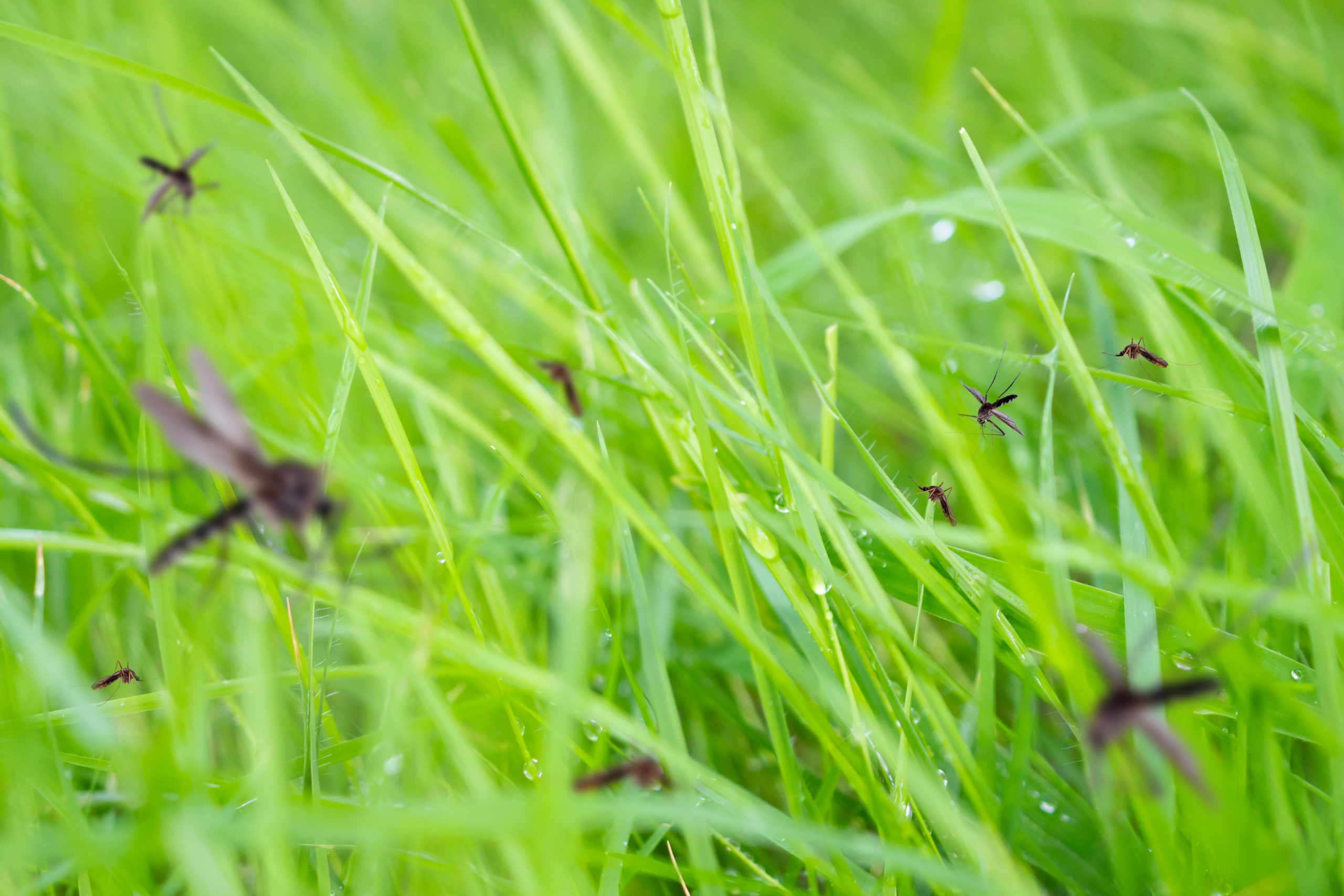Dauphin County West Nile Virus Control Program
The Dauphin County West Nile Virus Control Program is 100% funded by the Pennsylvania Department of Environmental Protection (PA DEP) and is run out of the Dauphin County Conservation District (DCCD) through an agreement with the DCCD Board of Directors and the PA DEP.
Integrated Mosquito Management:
The Dauphin County West Nile Virus Control Program is a mosquito control program based on sound entomological data to reduce the likelihood of human acquisition of mosquito-borne disease. We rely upon integrated mosquito management to target pesticide applications to specific habitats at specific times to reduce target mosquito populations. The Dauphin County West Nile Virus Control Program primarily relies upon biological control products to reduce larval mosquito populations and therefore reducing the threat of human sickness resulting from a West Nile Virus infected mosquito. Our surveillance protocols focus on the mosquito species most often involved in the West Nile Virus cycle, Culex pipiens and Culex restuans. We also monitor nuisance mosquito populations within Dauphin County focusing primarily on floodwater mosquito species like Aedes vexans, Ochlerotatus trivittatus, and Psorophora ferox. To learn more about mosquito surveillance in Dauphin County click here. In the last few years the Dauphin County mosquito control staff has been responding to citizen complaints about the Asian Tiger Mosquito, Aedes albopictus, a relatively new mosquito species in Pennsylvania. To learn more about the Asian Tiger Mosquito in Dauphin County here.
West Nile Virus in Dauphin County:
Our main goal is the surveillance and control of West Nile Virus within Dauphin County.
Mosquito Control Concerns:
If you have a mosquito concern in Dauphin County, please contact us at (717) 921-8100 or complete the Mosquito Control Service Request webform.
Dead Bird Found:
If you have found a dead crow, blue jay, hawk, eagle or owl, and would like to have it tested for the presence of West Nile Virus, please follow these directions:
- Please check the bird for any signs of trauma (hit by a car, flew into a window etc.). If the bird has traumatic injury it is not suitable for testing.
- The bird must have died within the last 12-24 hrs.
- The bird must be free from any insects.
- Please double bag the bird in plastic bags (plastic grocery bags work fine), and place it in a cool dry place that is inaccessible to insects and other animals.
- Call (717) 921-8100.





